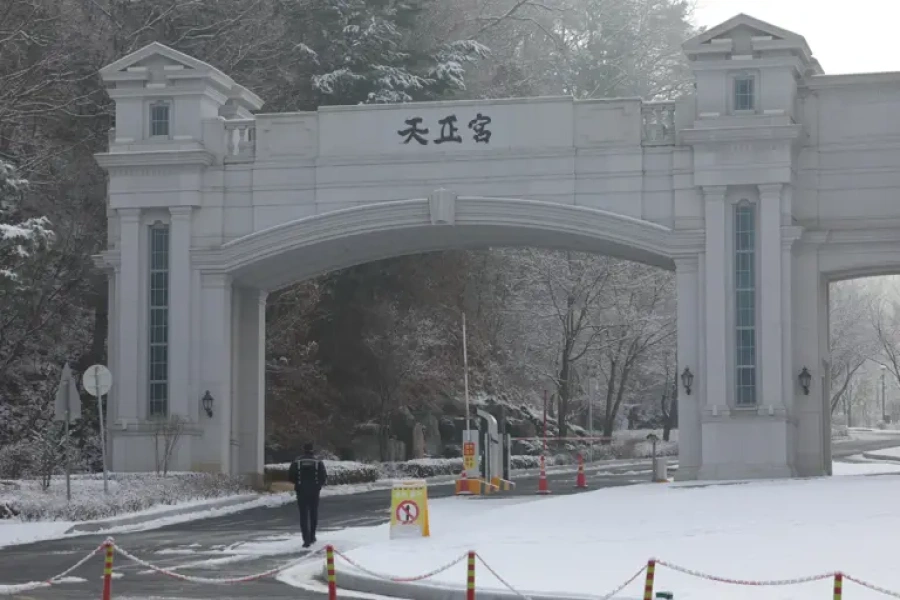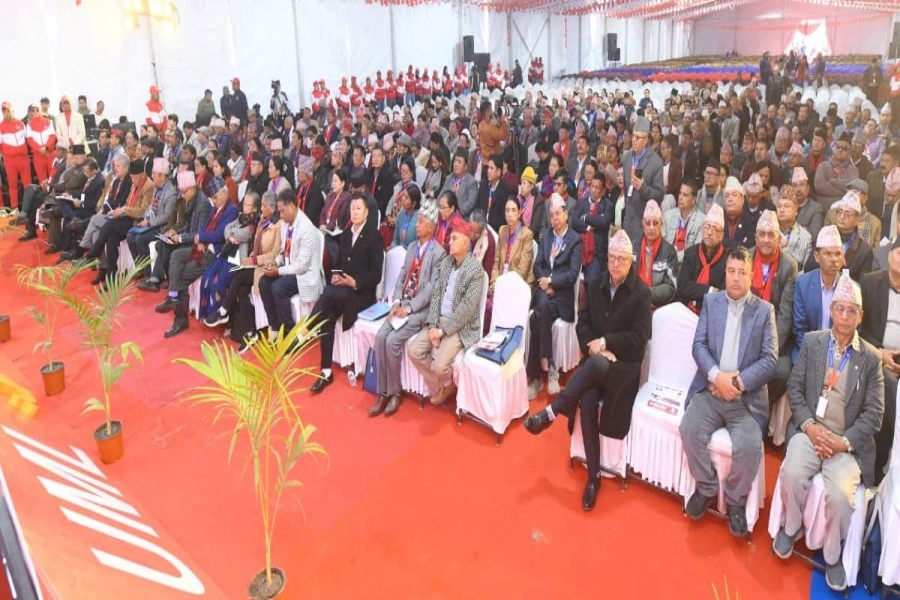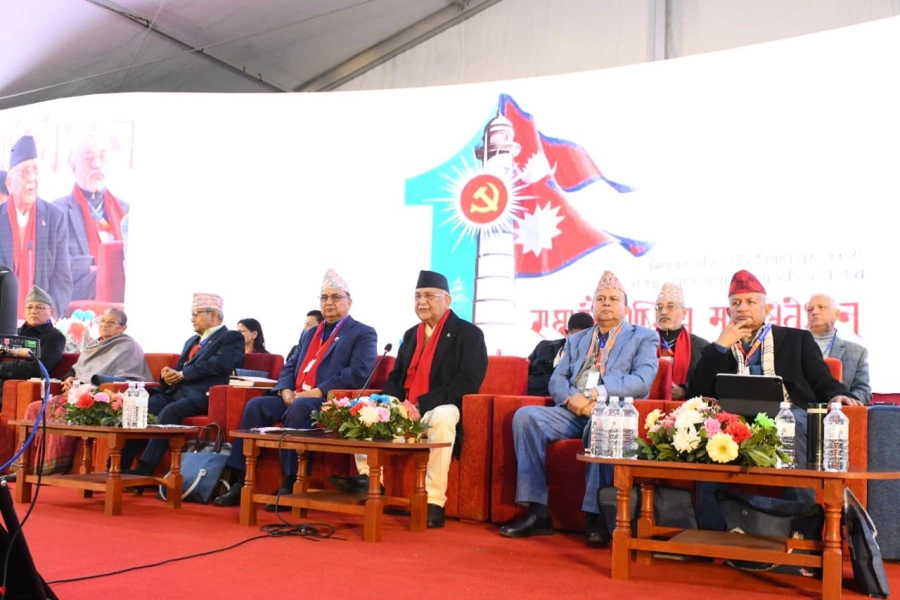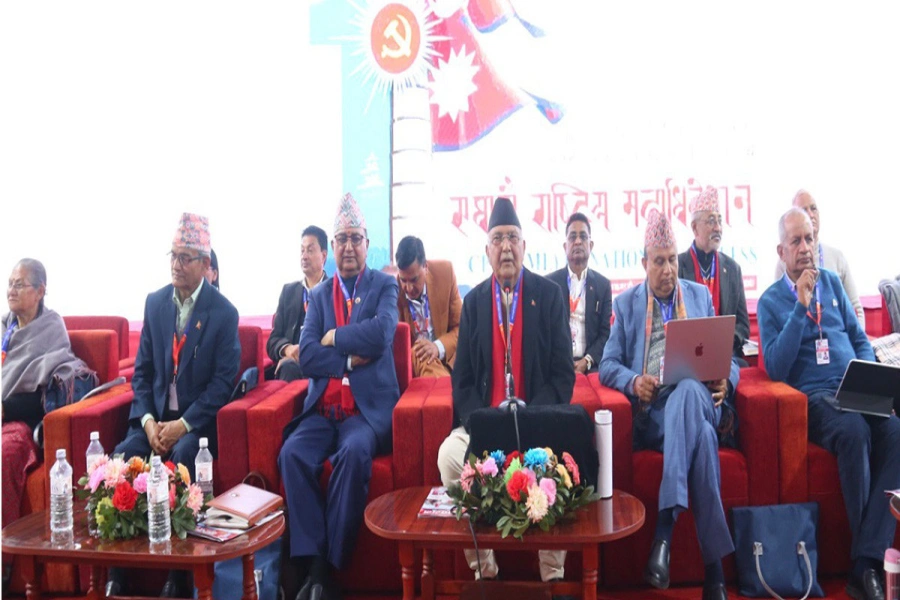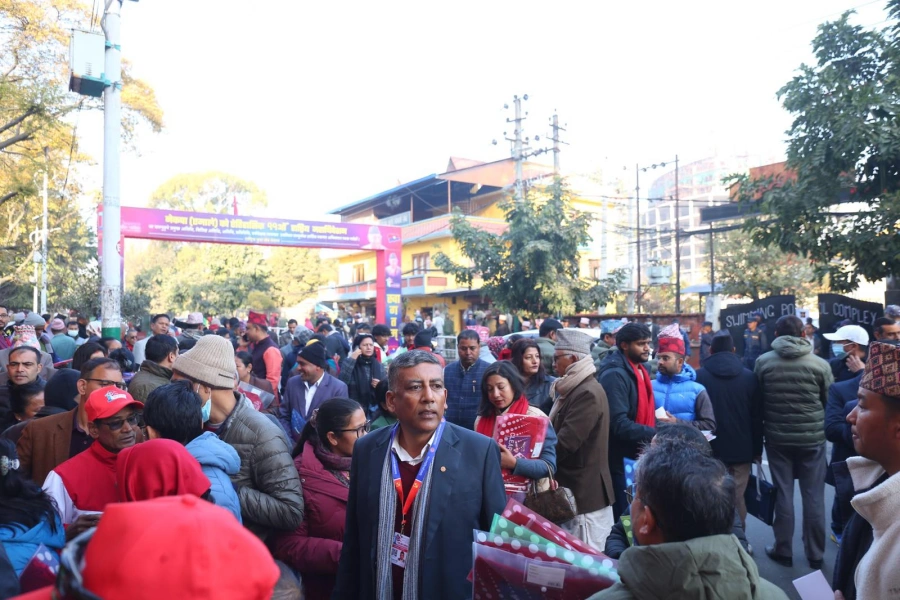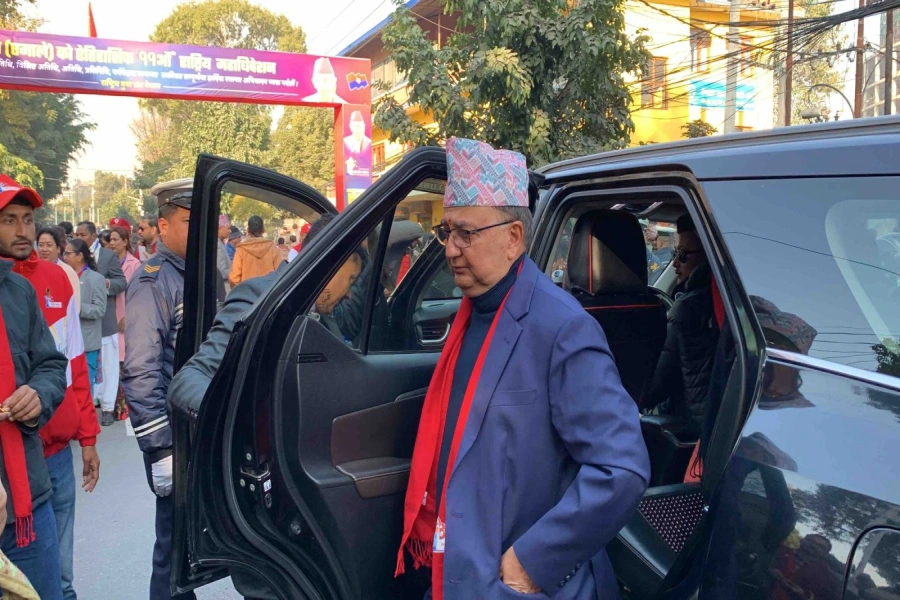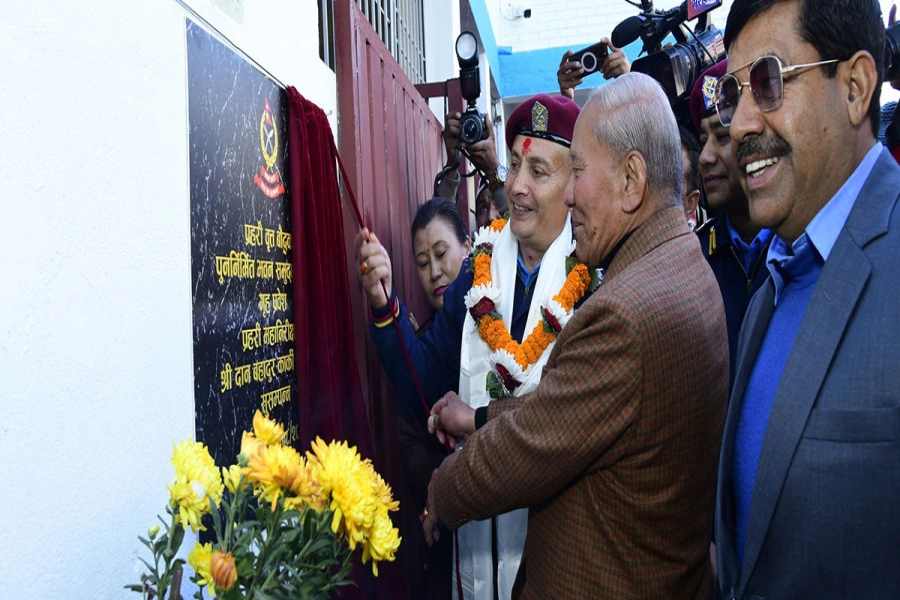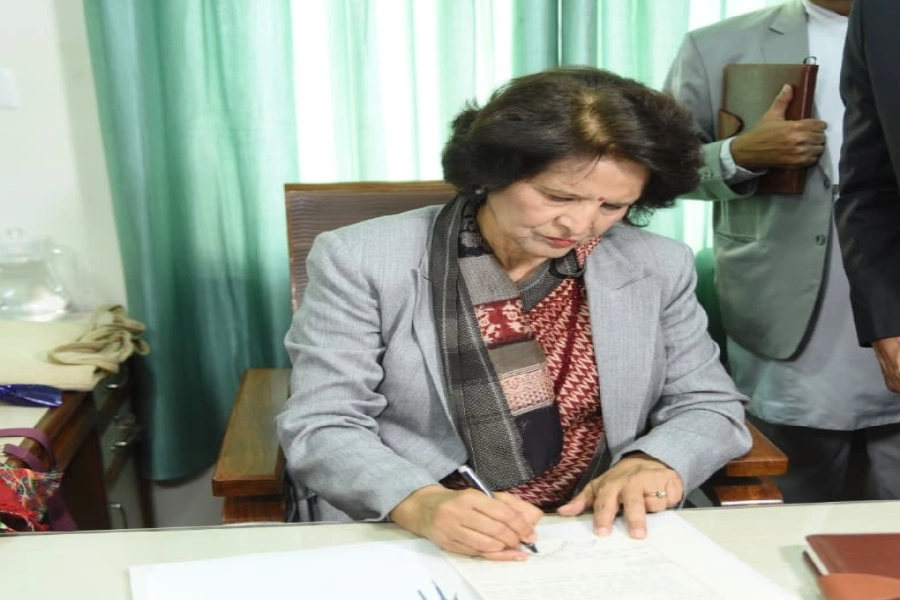KATHMANDU, Jan 19: A new government initiative makes land ownership certificates available to homeless individuals, landless squatters, and families residing in informal settlements.
The President’s issuance of the “Ordinance to Amend Some Nepal Acts Related to Land 2081 BS” last Wednesday provided the legal framework to distribute these certificates to about 1.1 million families registered with the Landless Commission, commission officials stated.
Govardhan Kohli, a central member of the Land Problem Resolution Commission formed on October 30, 2024, stated that 1.35 million landless squatters and families living in unmanaged settlements have submitted applications to the commission, seeking land ownership certificates.
The commission has already registered 1.96 million families into its system. Of these, 86,300 are landless Dalits, 167,000 are squatters, and the rest are families living in unmanaged settlements, Kohli added.
"The ordinance issued by the President will ease the distribution of land ownership certificates to landless Dalits, squatters, and families living in unmanaged settlements," he said. However, senior officials from the Ministry of Forests have raised concerns that the land-related ordinance may lead to the destruction of forest areas.
What does the ordinance read?
Almost 1.5 million squatter families apply for land ownership c...

A senior official from the Ministry of Land Management stated that the ordinance issued by the President directs the Land Commission to provide land ownership certificates (Lalpurja) to squatters, landless individuals, and families living in unmanaged settlements who have been residing in permanent structures regularly since before February 11, 2010.
Families with no land anywhere in the country and no ability to purchase land are classified as landless, while those living in unmanaged settlements are called squatters. Families residing in public or forest areas since before 2010, but lacking land ownership certificates, are categorized as unmanaged settlers.
The ordinance also sets a condition: landless Dalits, squatters, and unmanaged settlers must prove that the land they have been using is not currently designated for public use and that they have been residing there regularly since before 2010. The local executive meeting must verify this through a resolution.
A senior official from the Ministry said, "This means that land recorded as forest area in the land survey and mapping records, but not currently in use as a forest, and land where squatters and landless individuals have been living in makeshift homes for a long time, will be removed from the forest records and registered in the government's name."
The official explained that land recorded as a forest area is considered forest property, and no one can use it. However, once the government registers it in its name, it will be available for distribution to landless individuals and squatters, who will then be able to use the land.
The government made the eighth amendment to the Lands Act 2021 on February 11, 2020. The amendment specifies that landless dalits, squatters, and unmanaged settlers who have been residing regularly since before February 11, 2010, are eligible for land ownership. The ordinance allows the government to name and map areas recorded as forest land and update the records. The official explains, "This means that land recorded as forest will now be registered in the name of the government of Nepal. Once registered, the government can distribute the land or use it."
Senior officials from the Ministry of Forests have raised concerns about the matter. "By issuing the ordinance under the pretext of distributing land ownership certificates to squatters, the government will inevitably cause the gradual depletion of forest areas," said a senior official from the Ministry. "It is unfortunate that such a serious issue was not properly considered."
The ordinance issued by the President now requires companies in the housing and land business to allocate a certain percentage of land for collective use (while retaining collective ownership) when constructing and selling houses, land, or apartments.
The ordinance states, "Land along public land, river, stream, or canal banks, land in hazardous areas, land in national parks or reserves, land in buffer zones, land currently covered by trees or forest, and land within road boundaries, as well as land recorded as 'gauchhar,' 'haat,' 'haatghat,' or 'bazar' in regional survey records or documents during initial surveying, where individuals have been living in makeshift homes and cultivating the land since before the designated period under Section 52(d), will not face any obstruction."
The ordinance further specifies that if such land is not currently in use and the land's status is confirmed by a resolution from the local government, the government can provide the land to landless Dalits, landless squatters, or unmanaged settlers without any hindrance.
Landless Dalits or landless squatters living in riverbanks, lake shores, national parks, reserves, forest areas, within road boundaries, or other hazardous areas will need to be relocated. "Land recorded as forest, forest area, or buffer zone in the records can be re-mapped, separated from the forest area, and updated in the name of the Government of Nepal without affecting the land ownership of local people," the ordinance states.
Several Commissions formed since 2009
Prime Minister Sher Bahadur Deuba formed the National Land Commission on September 10, 2021, with Keshav Niraula as its chairman. However, after the government coalition changed, the Niraula-led commission was dissolved. Since 2009, the government has formed various commissions and committees under different names to find a permanent solution for squatters. Most recently, on October 30, Hari Prasad Rijal became the chairman of the reformed National Land Commission.
The current commission is the 23rd one. It has been granted the authority to distribute land ownership certificates. According to the Ministry, previous commissions and committees formed for squatters have provided 47,000 bighas of government and public land to 150,000 squatter families.
When the government leadership changes, it dissolves the previous squatter commission and forms a new one. The government has been working to provide land to squatters in an organized manner since 2009.




